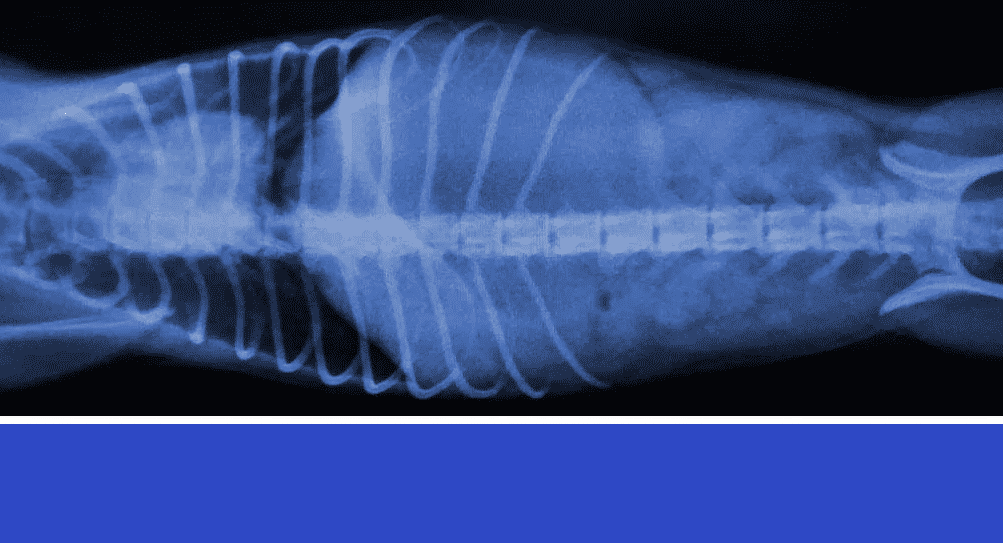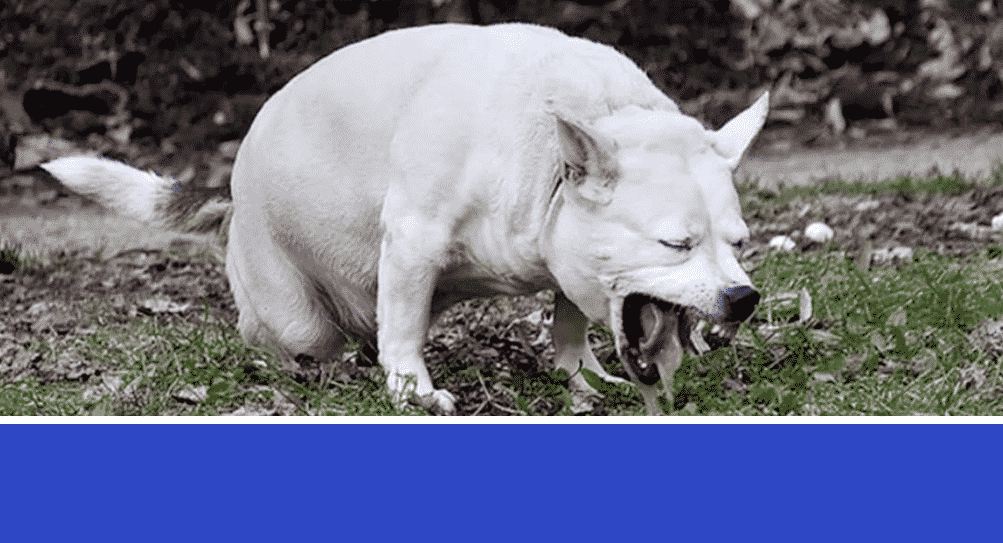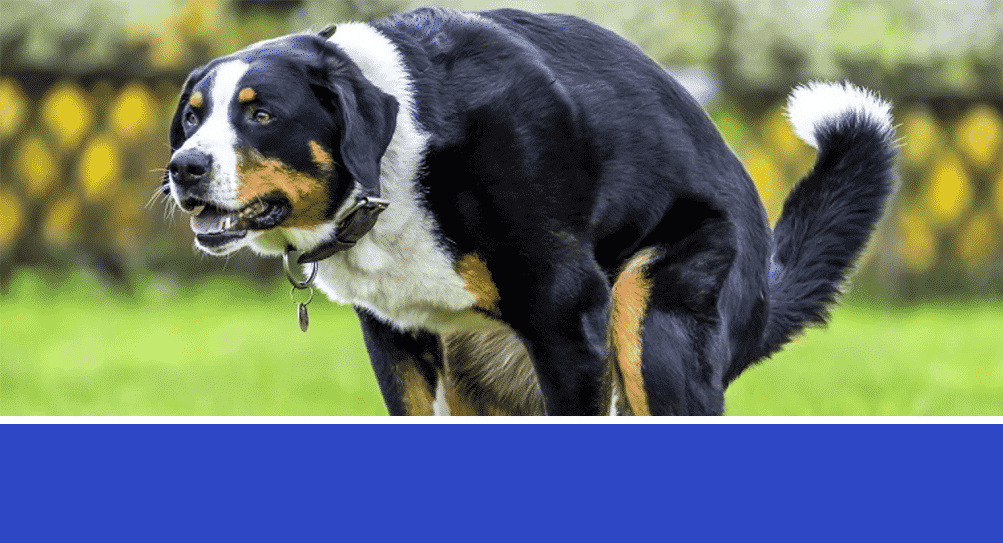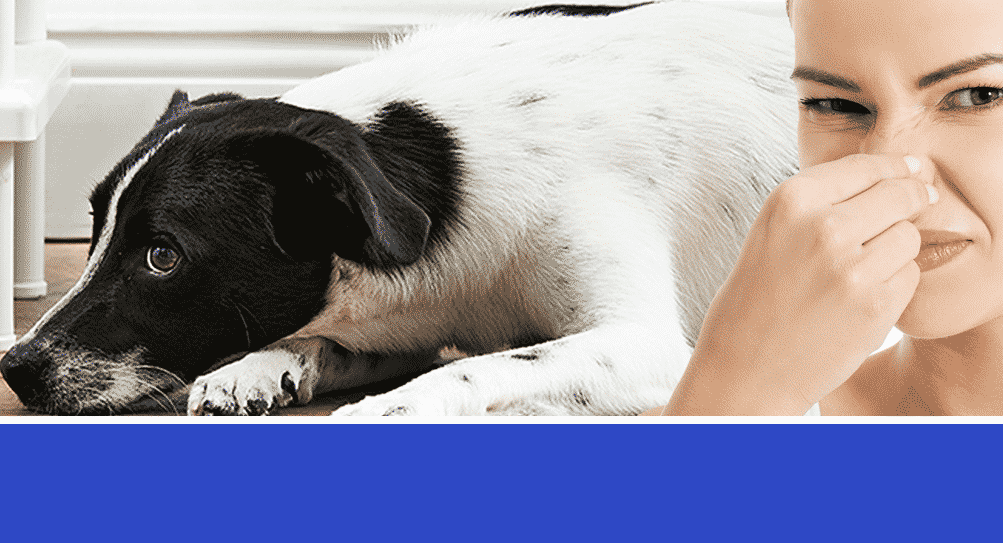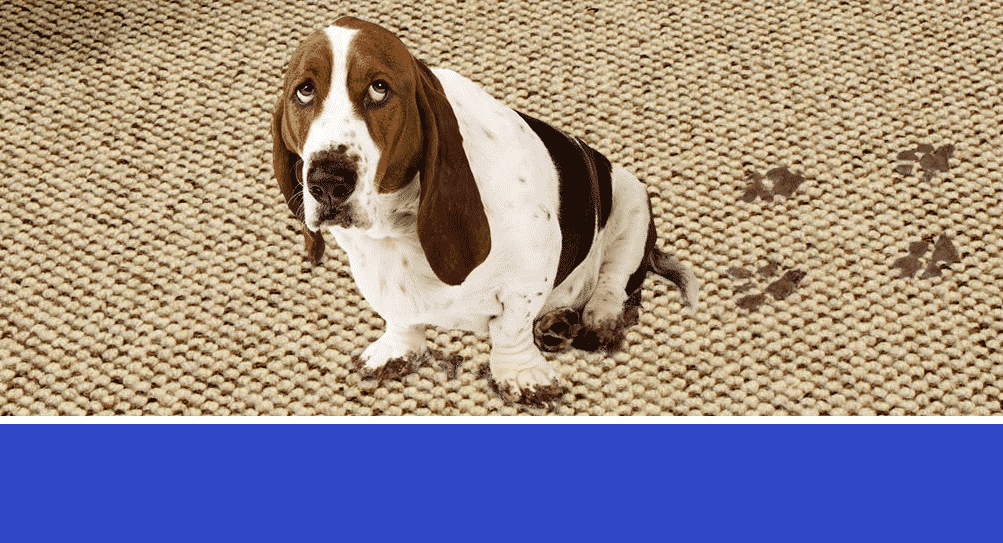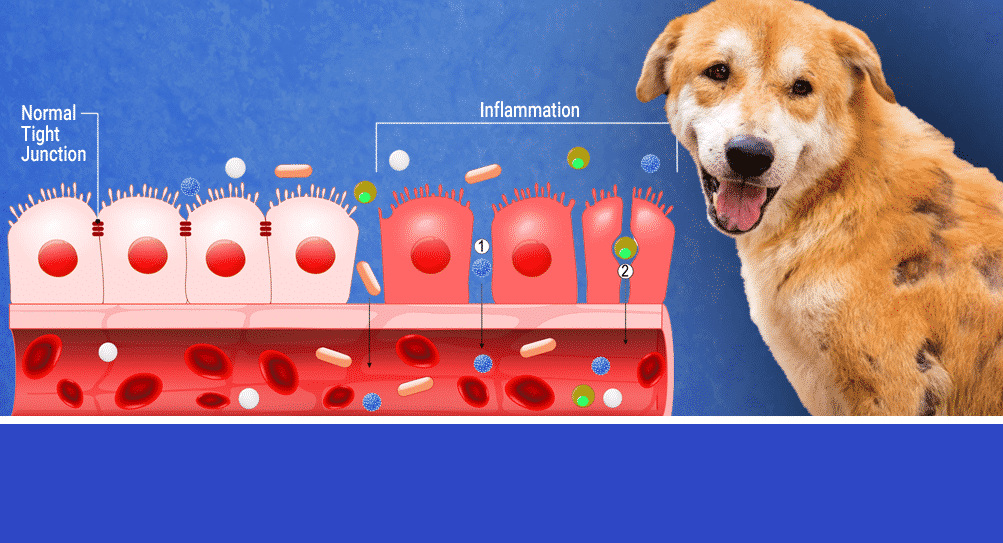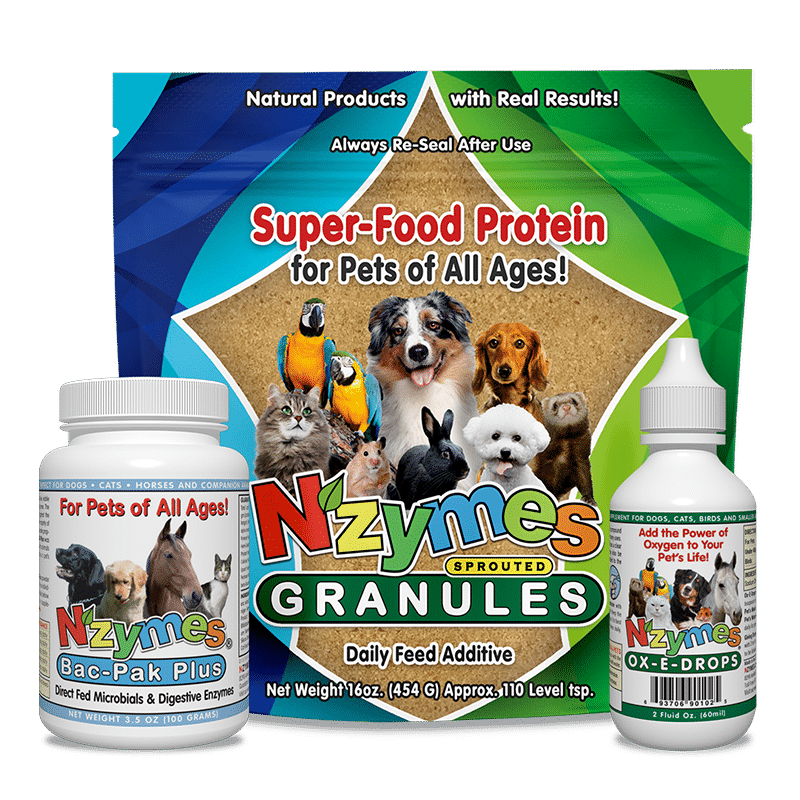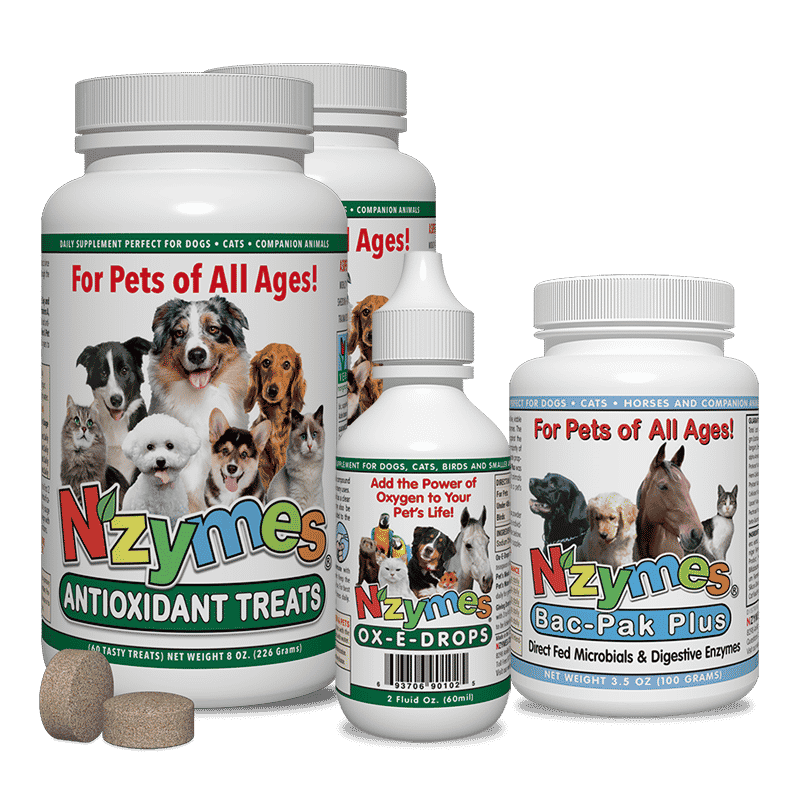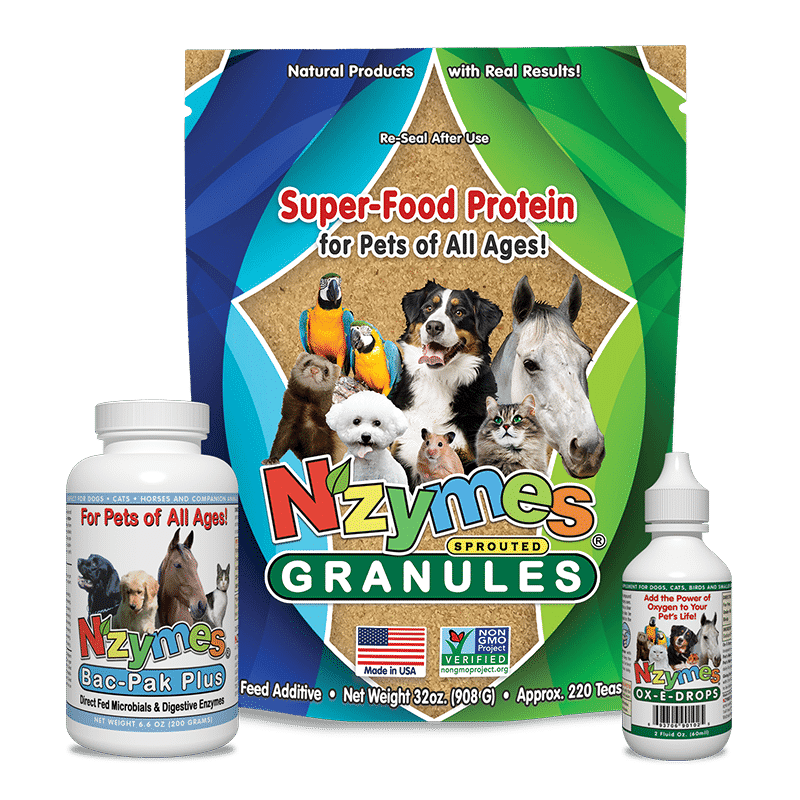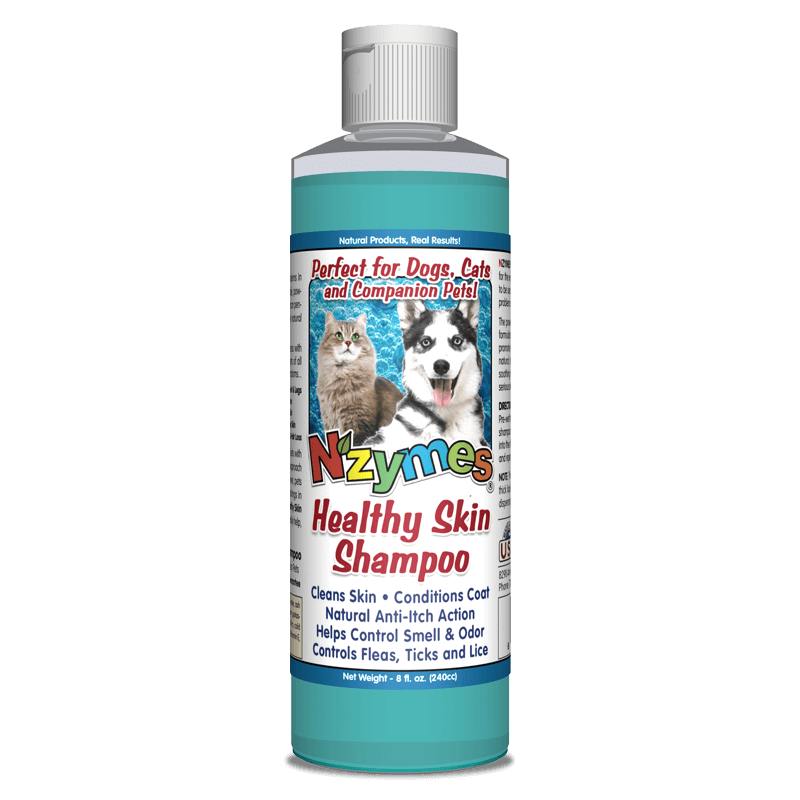Digestion Problems in Dogs: What to Know

Canine Digestion Problems
Dog digestion problems are a common and often the root cause of many other issues that dogs encounter. Digestive disorders or gastrointestinal (GI) disorders are any stomach or intestines problem that reduces the ability to absorb food or alter its passageway through the digestive tract. Healthy digestion is critical for a dog to use the nutrients in his food for energy and maintain and repair healthy tissues in his body.
Because digestive problems can cause or contribute to other serious health issues in dogs, it’s essential to pay attention to any signs of digestive issues and seek any necessary assistance quickly.
For More Information Choose a Digestive Condition Panel Below
Types and Causes of Dog Digestion Problems
There are several different types of dog digestion problems. Have your vet run the needed tests to determine out the exact cause of your dog’s problem, if possible. The exact cause of a digestive disorder may be challenging to diagnose, even after a full exam and running blood tests. However, the root of the problem can often come from to intestinal infections, parasites, food intolerance in the body.
Acute Gastroenteritis in Dogs:
Generally, this is usually a short-term problem often caused by a dog eating something they shouldn’t have. It might include spoiled food, plants that are poisonous to dogs, human food that is high in fat, or substances that are not meant for consumption. Occasionally a digestion problem comes from high stress or a parasite in the intestines. It may be a cause of inflammation or an infection in the GI tract.
Colitis in Dogs:
Colitis also causes inflammation in the digestive tract. however, it is characterized by specific inflammation in the membrane that lines the colon. Dog digestion problems can also be caused by parasites or eating foreign objects. Colitis is more common in younger dogs under the age of five and will drive a more painful process of pooping. Diarrhea is a common symptom of colitis and may cause bloody loose stools or mucus in the feces.
Constipation in Dogs:
Many things can cause constipation in a dog. Dehydration is one of the more common causes, so be sure to keep your dog’s water dish clean, full, and available. Constipation can happen if a dog’s diet is too low in fiber or doesn’t get enough exercise. If this problem persists for more than a few days, have your vet check to see if the dog ate something indigestible as well.
Diarrhea in Dogs:
Diarrhea is the most common symptom of dog digestion problems and can be caused by infections, parasites, high stress, or even dog food changes. For best results, transition your dog from one brand of food to the next over one week. At first, we suggest two days of 75% old food / 25%/new food. Then two days at 50% / 50%, and next, two days at 75% New food / 25% Old food. Finally, on day seven, you are on 100% New food. This procedure is the best way to avoid any tummy upset and possible diarrhea. It is not normal for a dog to have diarrhea for a prolonged period, so be sure to pay attention and handle the problem if need be.
Pancreatitis in Dogs:
The cause of this digestion problem in dogs is unknown. There are theories that pancreatitis comes from high cooked fat ingredients in the food, but there is not much-supporting evidence about the origin of this disease. Pancreatitis attacks the pancreas (the organ that helps digestion and controls blood sugar) and causes vomiting and lack of appetite. The onset of an attack can be sudden and often passes quickly. If the illness lasts a day or two, it’s time to go to the vet. Unfortunately, finding the proper treatment can be as tricky as finding the cause. The best way we can describe the condition is that it allows cooked fats to enter the pet’s bloodstream, which can cause havoc with symptoms. Most vets will try to treat the symptoms to keep your dog comfortable until the illness passes.
Here is a good article for those seeking medical help.
Digestive Issues in Dogs: Causes, Prevention, and Treatment
Therapy Options and the Importance of Nutrition
Some dog digestion problems can be very severe and/or permanent. These will require medical attention and a treatment plan that will be specific to your dog’s needs. A few days may resolve many of the common digestion problems listed above. The food you feed your dog has a significant impact on their overall digestive health. Be sure that you’ve researched the food you are providing to understand the ingredients’ digestibility. Secondly, check with the company to see if any recalls have been announced recently.
The best way to treat and even avoid digestion problems is with good nutrition, digestive enzymes, and food-based supplements to give the body the nutrients it needs to absorb the food better. If your dog has a digestive problem, be sure to monitor his hydration closely during the recovery process and keep him as comfortable as possible.
“Health begins in the gut.” As valid for dogs as it is for humans. Untreated dog digestion problems can lead to skin problems, heart problems, liver problems, and more. Keeping your dog on a healthy nutrition program can make the digestive difference needed to optimize all body functions.
Products to Support Dog Digestive Disorders
CALL FOR INSTRUCTIONS USAGE INFORMATION
(877) 816.6500

